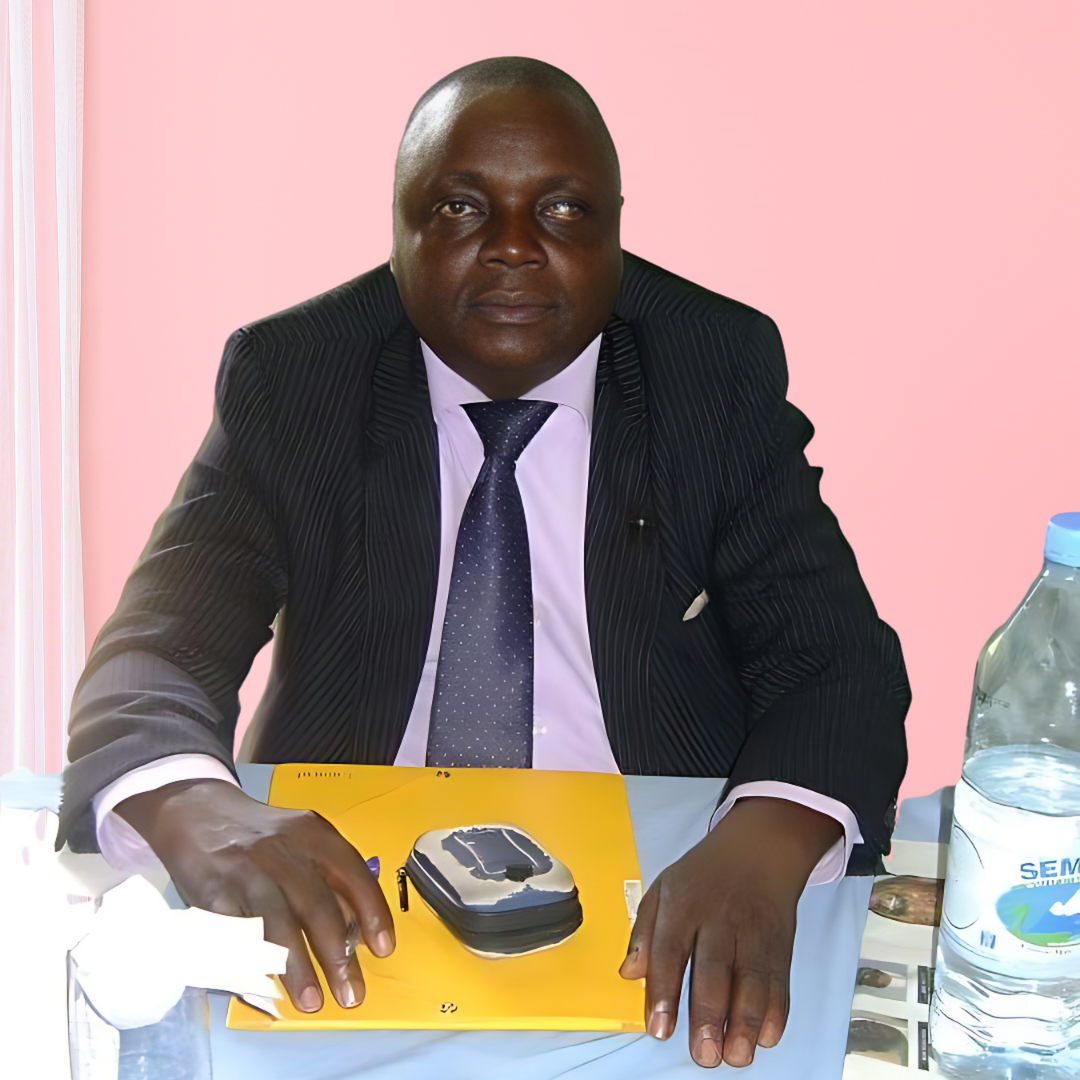Four of these companies account for over 80% of the total debt, amounting to CFA797.3 billion. Camtel leads as the main beneficiary, with CFA280 billion as of September 30, 2024, down from CFA312 billion at the end of 2023. Following Camtel, Camwater’s debt stood at CFA222.2 billion, down from CFA229.6 billion at the end of 2023. Sonatrel saw its debt increase from CFA154.4 billion in December 2023 to CFA175.7 billion, while EDC reported a slight decrease from CFA121.1 billion to CFA119.4 billion in the same period.
The rising debt levels of Cameroon’s public enterprises have increasingly concerned the government and development partners. These debts, often backed by state guarantees, could strain the national budget if the companies fail to meet their repayment obligations, placing the burden on the national Treasury. To mitigate this risk, the government is working to guide public companies toward non-sovereign loans from development partners.
In June 2015, the Ministry of Finance organized a workshop for leaders of seven public companies, including Camtel, Aéroports du Cameroun, Sonara, Feicom, Port Authority of Douala (PAD), Camwater, and the Cameroon Oil Depot Company. This session focused on mechanisms for accessing non-sovereign financing from the French Development Agency (AFD). However, nine years after this workshop, only Camtel and the Port Authority of Douala have undergone a financial rating with Bloomfield Investment. This step is crucial in assessing a company’s credit profile before seeking capital market funding.
The debt situation of these public companies is a reflection of the broader economic challenges facing Cameroon. The country has been grappling with economic instability, partly due to fluctuating global commodity prices and internal security issues. The government’s efforts to diversify the economy and improve fiscal management are ongoing, but the high debt levels of public enterprises remain a significant hurdle.
The government has also been working on various reforms to improve the efficiency and financial health of state-owned enterprises. These reforms include better governance practices, increased transparency, and accountability measures. The goal is to ensure that these companies can operate more sustainably and contribute positively to the national economy.
The international community, including development partners and financial institutions, has been closely monitoring the situation. They have been providing technical and financial support to help Cameroon navigate these challenges. The success of these efforts will be crucial in determining the country’s economic trajectory in the coming years.






